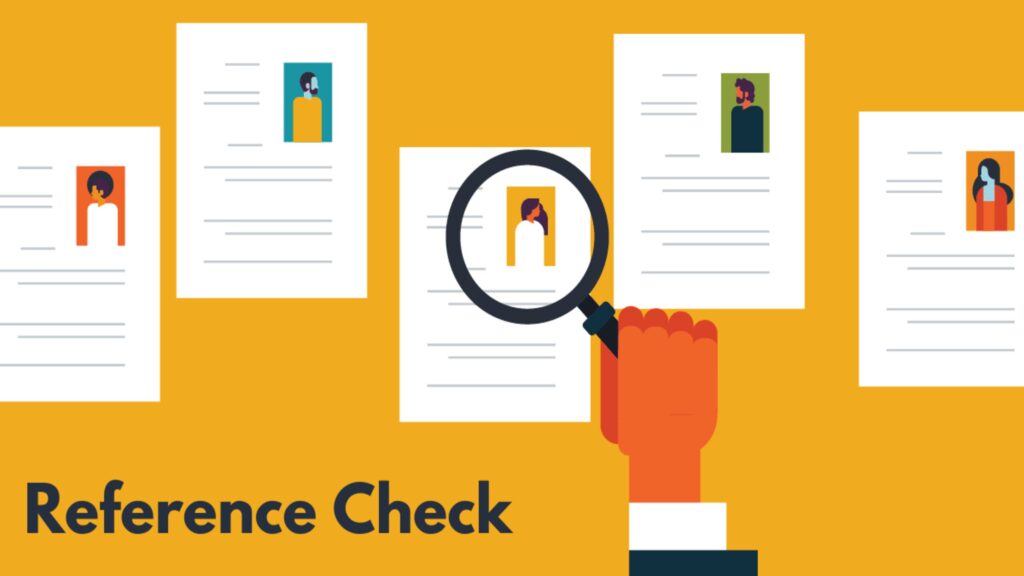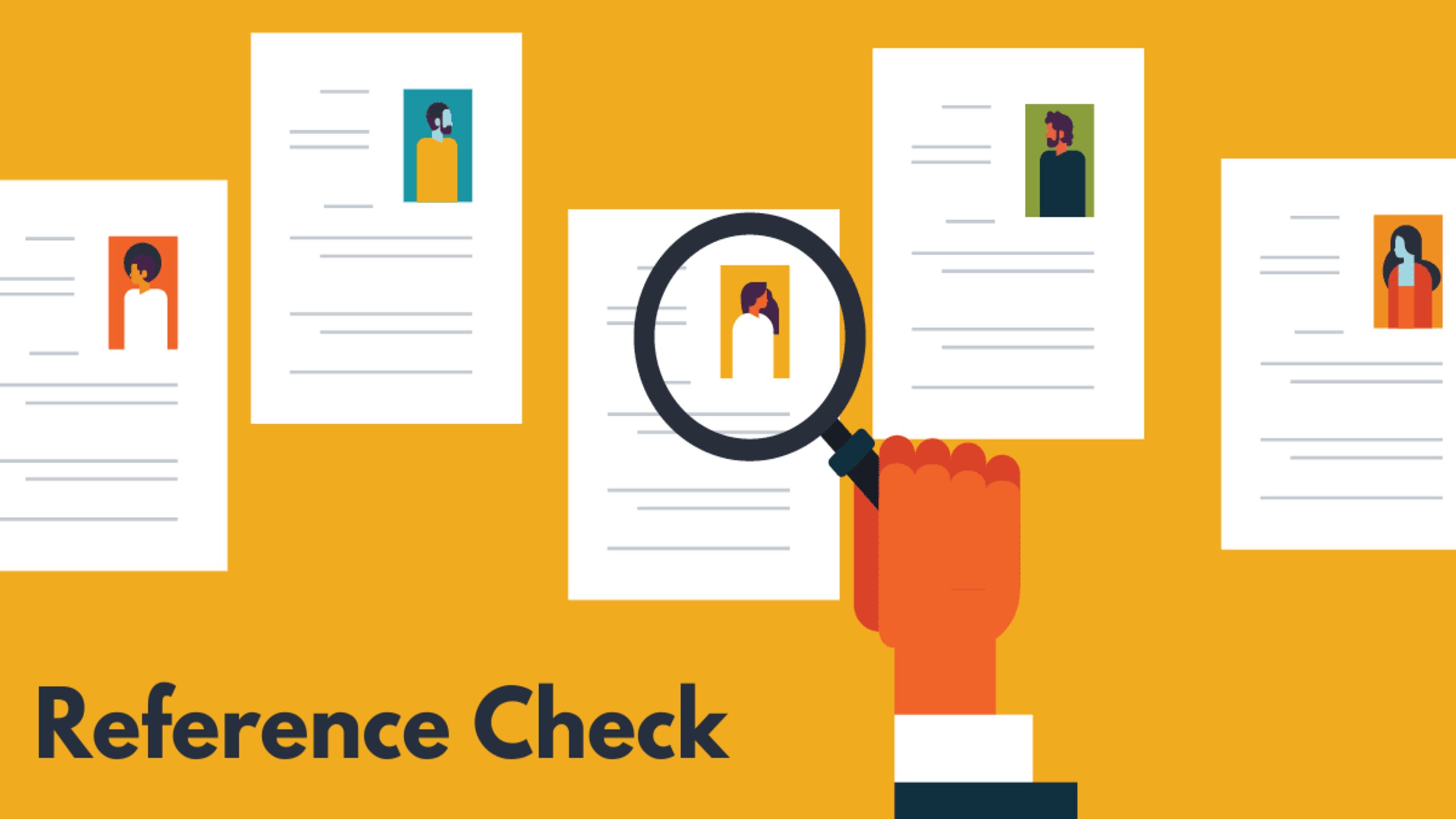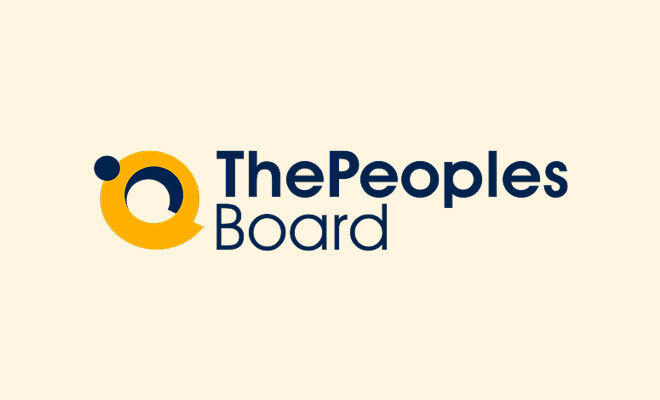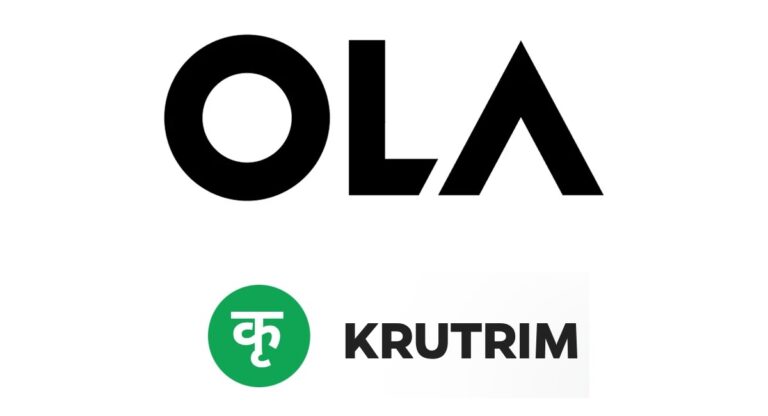In the competitive hiring world, making the right choice is crucial. A reference check is one of the most reliable ways to verify a candidate’s background, skills, and behavior before making a job offer.
Evaluating a candidate’s past job performance and overall qualifications through reference checks provides insights into their work ethic, skills, behaviors, and experiences. While many organizations often rush through this process, conducting thorough reference checks can save you from potential hiring mistakes.
This article outlines how Indian employers can conduct reference checks effectively, focusing on low-cost strategies and a practical approach that aligns with Indian hiring practices.
What is a Reference Check?
A reference check is a crucial step in the hiring process that involves verifying a candidate’s previous work experience, skills, and qualifications by contacting their former employers, supervisors, or colleagues.
By conducting a reference check, employers can gain valuable insights into a candidate’s work habits, communication skills, teamwork abilities, and overall performance. In the competitive landscape of hiring, a reference check is a powerful tool to ensure that the candidate is the right fit for the organization.
Why Are Reference Checks Important in the Hiring Process?
Reference checks are not just about confirming dates of employment or job titles. They provide deeper insights into:
- The candidate’s work ethic and reliability.
- Their interpersonal skills and ability to fit into your organization’s culture.
- Red flags or areas that need attention before onboarding.
For Indian businesses, where relationships and trust play a vital role, reference checks can also strengthen confidence in hiring decisions.
Benefits of Reference Checking
Reference checking offers numerous benefits to employers, making it a vital part of the hiring process. Some of the key advantages include:
- Verification of Employment History and Qualifications: Reference checks help confirm the accuracy of a candidate’s resume, ensuring that their employment history and qualifications are genuine.
- Assessment of Job Fit: By speaking with former employers or colleagues, you can gauge whether the candidate’s skills and experience align with the requirements of the role and the organization’s culture.
- Identification of Red Flags: Reference checks can reveal potential issues or concerns about the candidate that may not be evident during interviews, such as reliability or interpersonal conflicts.
- Comprehensive Understanding of Skills and Abilities: Through detailed feedback from references, you can gain a deeper understanding of the candidate’s strengths, weaknesses, and overall performance.
- Reduced Hiring Risks: By thoroughly vetting candidates through reference checks, you minimize the risk of hiring someone who may not be a good fit for the role or the company, ultimately saving time and resources.
Incorporating reference checking into your hiring process ensures that you make well-informed decisions and select the best candidates for your organization.

Steps to Conduct an Effective Reference Check
To ensure that the reference check process is both effective and accurate, you should always keep in mind certain key steps.
Plan the Process
Start by deciding who will conduct the reference checks and at what stage of the recruitment process. Typically, a reference check is done after shortlisting a candidate or before making the final offer.
Get Candidate Consent
Respecting privacy is essential in India. Always inform candidates before reaching out to their references. Clearly explain how you will use the information gathered.
Prepare the Right Questions
To get meaningful insights, you need to avoid vague questions. Instead, you need to ask:
- Can you describe the candidate’s key strengths and weaknesses?
- How did they handle challenges in their role?
- Would you rehire them? Why or why not?
Verify the Reference’s Credibility
Ensure the person providing the reference genuinely worked with the candidate. In India, it’s common for candidates to list personal contacts as professional references, so due diligence is essential.
Maintain Professionalism
Be respectful and concise during the conversation. Focus on asking open-ended questions and listen carefully to the reference’s tone and responses.
Document the Feedback
Record all feedback systematically. Having written records helps compare candidates’ notes and ensures accountability in hiring decisions.
Reference Check Laws and Regulations
Reference checking is subject to various laws and regulations that employers must comply with to ensure fairness and legality. These laws vary by country and state, but some common regulations include:
- Right to Privacy (Article 21 of the Indian Constitution): The people of India have a right to privacy which should be respected when conducting reference checks. Unless a matter impacts the candidate’s suitability for the position, employers must not delve into the candidate’s personal details.
- Digital Personal Data Protection Act, 2023 (DPDP Act): This act requires employers to obtain explicit consent from the candidate before accessing their digital data information.
- The Information Technology Rules, 2011: As per the rules dictated in The Information Technology Rules, 2011, employers need to ensure the safety of the digital information that they are obtaining about the candidate. They also need to be transparent about how they will use said information.
Employers must ensure compliance with these laws and regulations when conducting reference checks. This includes obtaining the candidate’s consent, providing clear notice of the reference check, and ensuring that the process is conducted in a fair and unbiased manner.
Adhering to these legal requirements not only protects the candidate’s rights but also safeguards the employer from potential legal issues.
Low-Cost Strategies for a Reference Check
Small businesses and startups often have limited budgets. Here are some affordable strategies for conducting a reference check:
- Use Phone Calls or Video Chats: Instead of hiring third-party services, directly contact references via phone or video calls. This is both cost-effective and personal.
- Leverage Social Media: Platforms like LinkedIn can provide additional insights about a candidate’s professional network and endorsements.
- Focus on Key References: Instead of contacting all references, prioritize the most relevant ones, such as former managers or team leads.
- Utilize Email Templates: Create a standard email template to request references, saving time and resources. Ensure it’s professional and straightforward.
Tips for Conducting Reference Check
In order to take your reference check to the next level, there are few tips you should keep in mind.
- Be Consistent: Ask all references the same set of questions for fairness.
- Avoid Leading Questions: Keep questions neutral to get honest feedback.
- Respect Confidentiality: Do not disclose the candidate’s future plans or other private details during the check.
Conclusion
Reference checks are a vital step in making informed hiring decisions. While they may seem like an additional task, a well-executed reference check can prevent costly hiring mistakes and provide valuable insights about a candidate.
By following a structured approach and using low-cost strategies, Indian businesses can ensure they hire the right talent without overspending. With a little effort and a thoughtful approach, you can make reference checks a seamless and practical part of your recruitment strategy.






